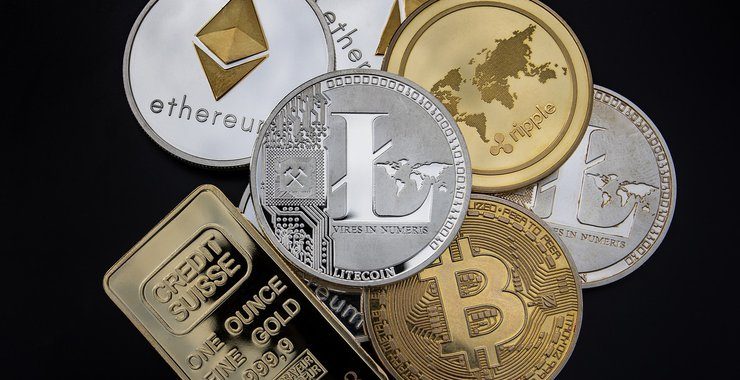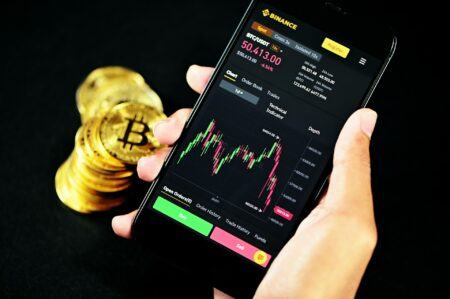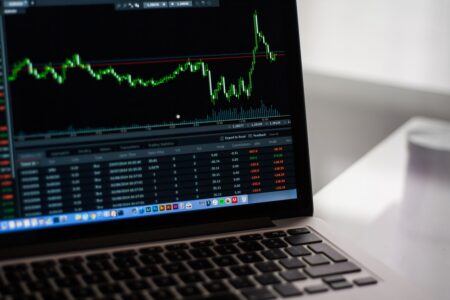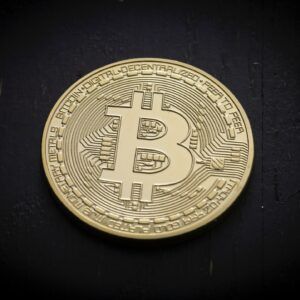In a recent Twitter thread, James Lavish, the co-Managing Partner of the Bitcoin Opportunity Fund, shared his thoughts on a recent announcement by BRICS nations—Brazil, Russia, India, China, and South Africa. The countries declared their intention to create a gold-backed currency, hinting at an evolving non-Western financial framework.
While many observers see this as a potential threat to the U.S. dollar’s status as a global reserve currency, Lavish brings a unique perspective to the conversation.
Lavish explains that the BRICS nations have grown frustrated with the U.S. dollar’s dominance in global transactions, a situation that benefits the American economy at the expense of their own. Additionally, Lavish says these nations are forced to purchase and hold U.S. Treasuries, exposing them to U.S. sanctions and perpetual inflation due to consistent U.S. money printing.
Moreover, Lavish notes the BRICS coalition’s growing influence, with several countries, including G20 members Mexico and Turkey, expressing interest in joining. Such expansion could increase the BRICS bloc’s sway, potentially incorporating half of the G20 countries.
Turning his attention to the West, Lavish criticizes the central banks’ excessive money printing, which has led to skyrocketing debt-to-GDP ratios. The U.S. leads this unwelcome race, with a staggering debt-to-GDP ratio of 136%. He warns that the financial landscape risks perpetuating a vicious cycle of debt and inflation, forcing even more monetary expansion.
The BRICS nations are searching for a solution, striving to create their own payments network based on a gold-based currency, not vulnerable to unlimited printing. Lavish posits that this could either take the form of their own gold-backed currencies or a single common currency, with the latter seeming more likely.
Yet, Lavish highlights the logistical hurdles of implementing a gold-backed currency and the immense trust required among the nations. To seriously challenge the U.S. dollar’s status, this new currency must also rival U.S. Treasuries as global reserve assets—an intimidating challenge indeed.
Lavish opines that despite these developments, the U.S. dollar will likely retain its dominance in the foreseeable future. He points out that these circumstances underscore the long-term issues of U.S. Treasuries, which will inevitably lead to more USD inflation.
This is where Lavish sees potential for Bitcoin. He believes that Bitcoin, with its decentralization, portability, immutability, and finite supply, ticks all the boxes that the U.S. dollar and other potential contenders cannot.
According to Lavish, whether it takes ten years or fifty, geopolitical moves like the BRICS gold-backed currency plan could catalyze a paradigm shift towards Bitcoin, which may eventually usurp the U.S. dollar as the global reserve asset. As the BRICS announcement demonstrates, in Lavish’s words, “anything is possible.”
Featured Image Credit: Photo / illustration by WorldSpectrum via Pixabay









